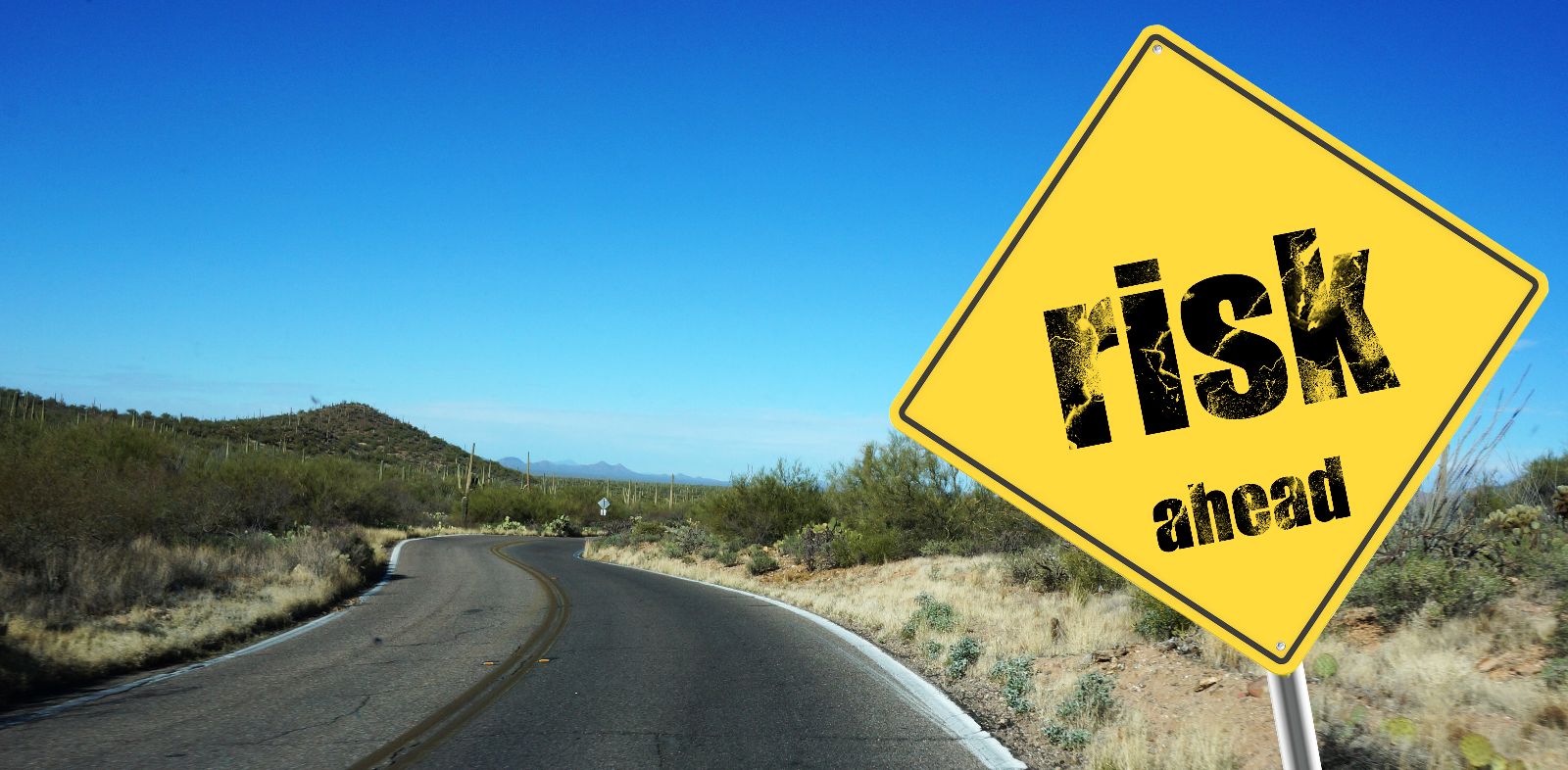In a world brimming with risks and adventures, the value of safety should never be underestimated. The recent and deeply tragic incident involving the implosion of a submersible brings to light the dire consequences of neglecting safety regulations.
At the core of safety lies critical risk analysis, a process that dissects potential hazards with meticulous precision. It involves evaluating every conceivable scenario, uncovering vulnerabilities, and identifying the steps necessary to mitigate them. The comprehensive nature of risk analysis allows industries to anticipate potential dangers and take proactive measures to safeguard both lives and assets.
The two things that analysis should yield are a comprehensive set of preventive measures to ensure those risks do not occur and contingency plans for if they do.
These preventive measures and contingency plans serve as a safeguard, protecting lives and minimizing damages in the face of unforeseen circumstances.
This article aims to delve into the profound significance of safety measures across various industries. Through these examples, we will highlight why prioritizing safety is an unwavering imperative.
- Oil & Gas
The oil & gas industry operates in hazardous environments where safety precautions are paramount. Failure to adhere to stringent safety protocols can result in catastrophic accidents, devastating both human lives and the environment. Proper maintenance of equipment, adherence to safety standards, and comprehensive employee training can mitigate risks and prevent incidents. By prioritizing safety, companies not only protect their workers but also demonstrate their commitment to environmental sustainability.
- Pharmaceutical
In the pharmaceutical industry, safety plays a critical role in preserving lives and maintaining the integrity of medications. Stringent safety measures throughout the drug manufacturing process, from research to distribution, are essential to avoid contamination, adverse effects, and substandard quality. Adherence to regulatory standards, rigorous testing, and stringent quality control measures ensure the safety and efficacy of medicines, assuring the well-being of patients who depend on them.
- Automotive
The automotive industry carries a tremendous responsibility to prioritize safety. Designing and manufacturing vehicles with robust safety features and rigorous testing procedures saves countless lives on the road. Implementing technologies like advanced driver-assistance systems (ADAS) and stringent crash safety standards significantly reduce the risk of accidents and minimize the severity of injuries. Emphasizing safety in automotive engineering enhances public trust, fosters brand loyalty, and contributes to building a safer transportation ecosystem.
- Manufacturing
Within the manufacturing industry, safety is paramount to ensure the well-being of workers. Failing to implement rigorous safety measures can result in life-altering accidents and irreversible losses. Machinery malfunctions, hazardous materials, and insufficient training all contribute to potential disasters. By meticulously adhering to safety protocols, providing adequate protective gear, and conducting comprehensive risk assessments, we can protect the dedicated individuals who contribute to our manufacturing processes. Their lives and livelihoods depend on our unwavering commitment to their safety.
- Healthcare
In the healthcare sector, safety is more than a requirement—it is a moral obligation. Medical professionals confront countless risks daily as they care for patients in various settings. From hospitals to clinics, ensuring a safe environment is crucial to prevent infections, medication errors, and accidents that can have grave consequences. By upholding strict safety protocols, employing proper sanitation practices, and fostering a culture of accountability, healthcare providers can safeguard both patients and practitioners. Every life entrusted to their care deserves nothing less than unwavering commitment to safety.
- Transportation
Transportation is an integral part of our lives, and safety should never be compromised on our roads, in the skies, or on the water. Vehicular accidents claim numerous lives daily, leaving behind heartbroken families and shattered communities. By valuing safety above all else, we can strive for accident-free roads through measures such as regular vehicle maintenance, driver training programs, and stringent enforcement of traffic regulations. Ensuring safety in transportation means protecting our loved ones, fostering trust, and preserving the sanctity of life itself.
- Construction
Construction sites are notorious for their inherent hazards. Failure to implement proper safety protocols can lead to devastating consequences. The loss of lives, injuries, and property damage resulting from accidents are not only tragic but also have far-reaching implications. By adhering to stringent safety measures, such as regular equipment maintenance, proper training, and hazard identification, construction companies can prevent accidents, reduce costs associated with lawsuits and compensation claims, and create a culture of trust and security among their workforce.
- Information Technology
In the digital age, the IT industry faces unique safety challenges related to data protection and privacy. Cybersecurity measures are crucial to prevent data breaches, identity theft, and unauthorized access to sensitive information. Implementing robust security protocols, regularly updating software, and raising awareness among users about safe online practices are essential to safeguard personal and corporate data. By prioritizing safety in the IT industry, organizations can build trust, protect their reputation, and maintain the confidentiality of critical information.
Safety is an indispensable pillar that must underpin all industries, transcending boundaries and permeating every aspect of our lives.
The critical thinking capabilities of risk and safety assessment analysts and managers are paramount in ensuring the quality of output for both preventive measures and contingency planning. Their ability to analyze risks comprehensively, identify potential vulnerabilities, and devise effective strategies greatly influences the success of risk management efforts. To equip these professionals with the necessary capabilities, KT provides the right tools. Our proven methodologies and decision-making frameworks empower risk managers and analysts to make informed judgments, mitigate risks proactively, and develop robust contingency plans.
Contact us today to discover how KT can enhance your organization’s risk management capabilities.








